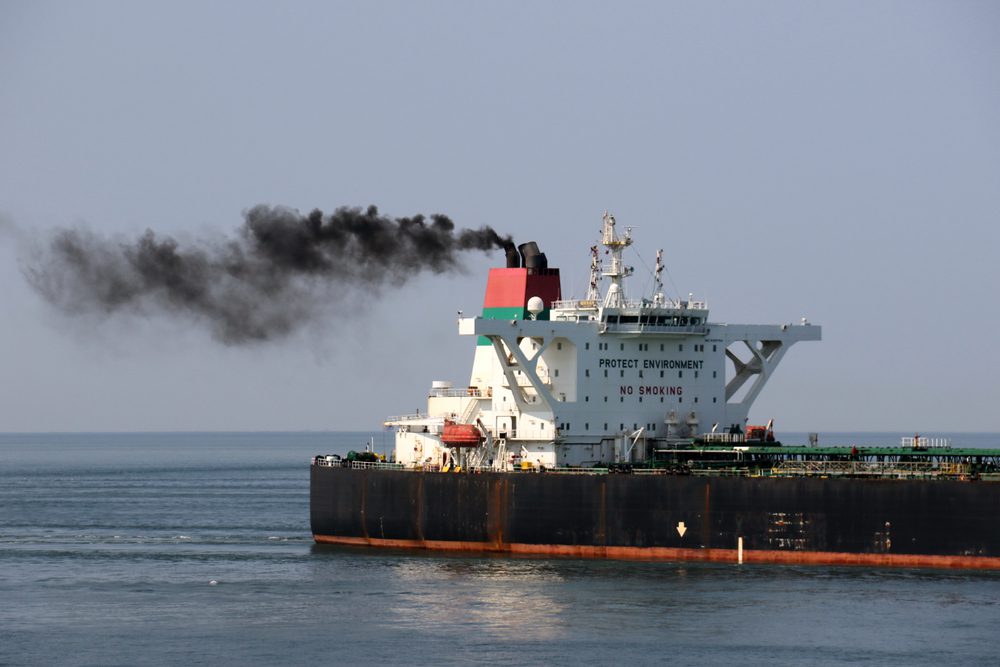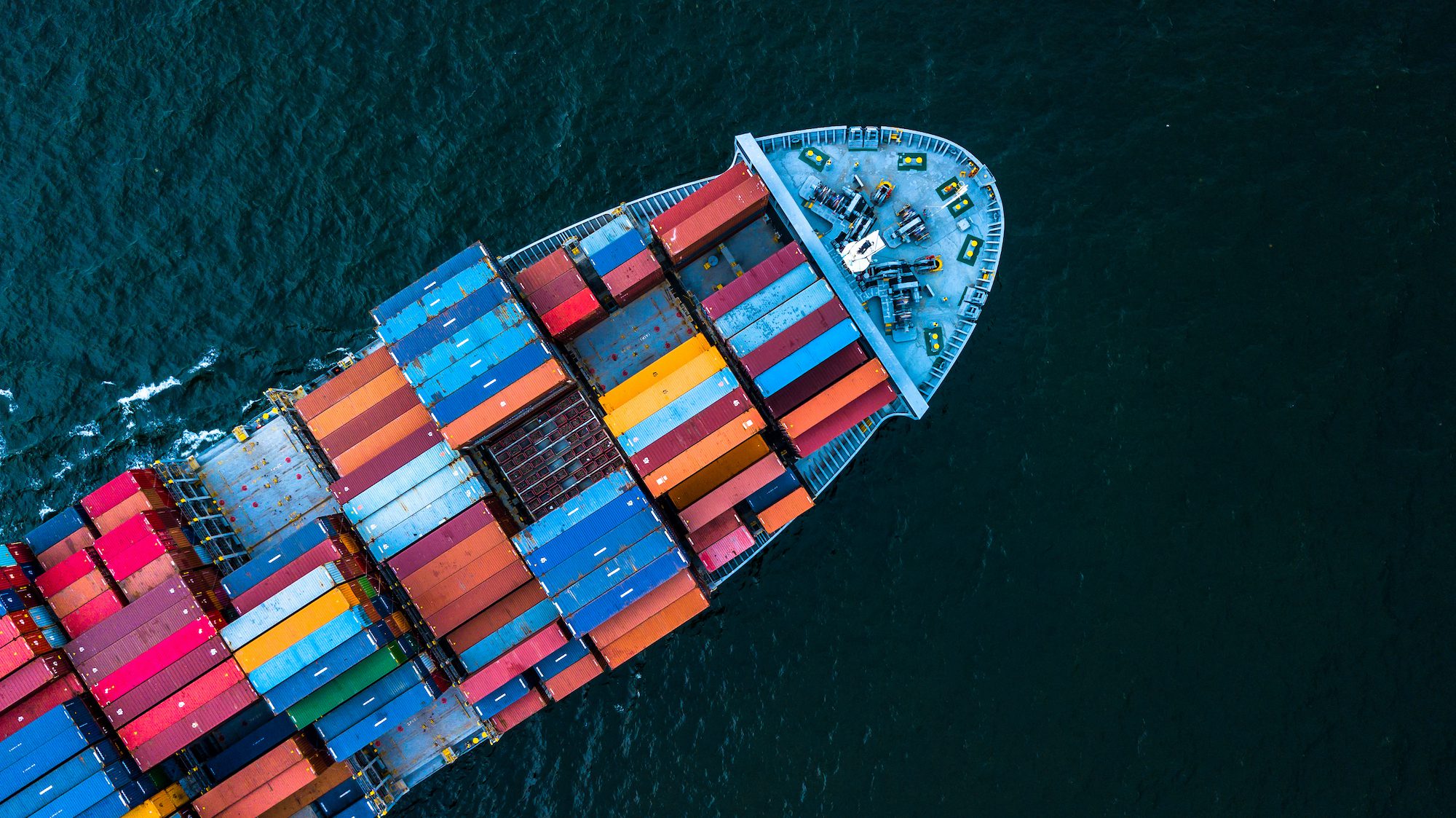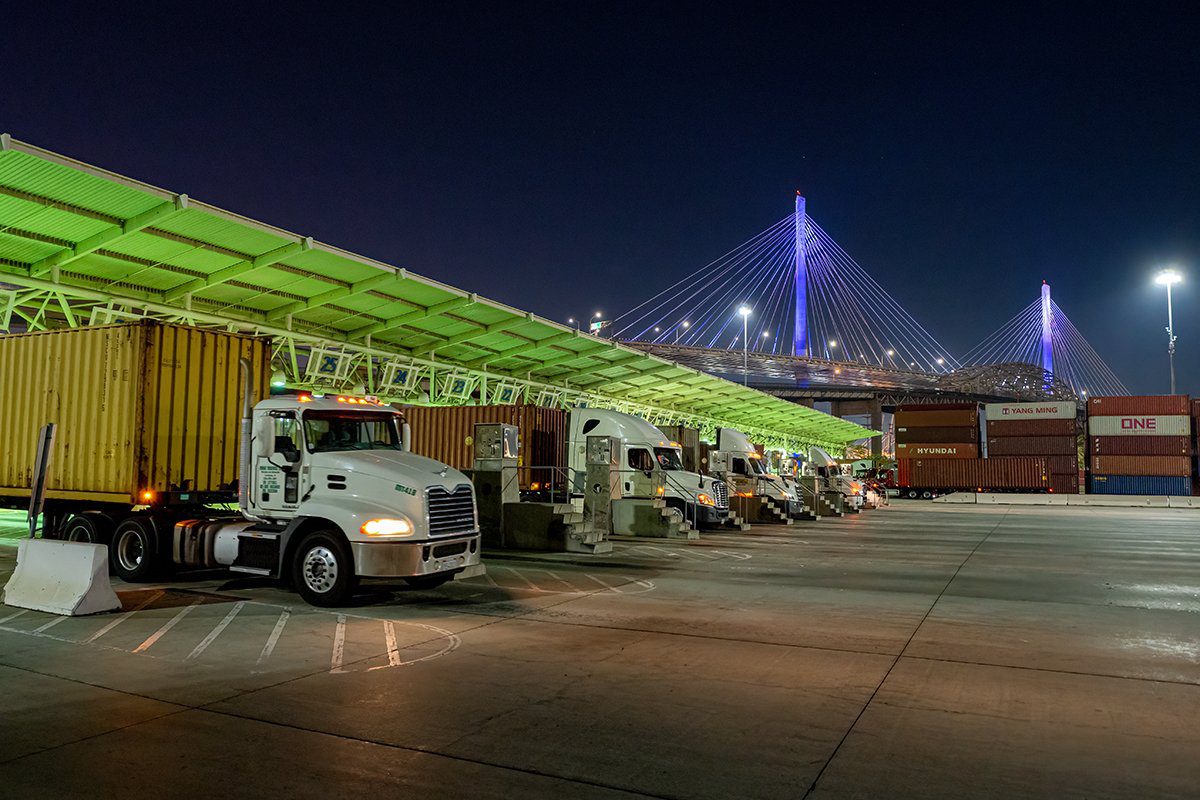MartinLueke / Shutterstock.com
The International Maritime Organization shows a lack of progress and little interest in forming concrete measures to reduce shipping’s contribution to global greenhouse gas emissions, a coalition of NGOs has said following a week of negotiations at the IMO.
The Clean Shipping Coalition (CSC), which is made of environmental NGOs with consultative status at the IMO, called the lack of action at the IMO “deeply concerning and disappointing”.
The comments come after a week of negotiations involving an IMO Marine Environmental Protection Committee Intersessional Working Group on GHG Emissions to consider proposals for short-term measures for tackling shipping’s climate impact. Among the proposals was a plan to reduce ship speeds, which was supported by the CSC.
According to the CSC, there was widespread acceptance by IMO member states and industry representatives that ship speed is one of the most important factors affecting GHG emissions.
“The importance of speed reduction in cutting ship GHG emissions in the short-term is woven into the fabric of many of the proposed measures,” said John Maggs, senior policy advisor at Seas at Risk, a member of the CSC. ”The challenge as we go forward is to ensure that this most straight-forward of approaches is taken up and implemented in such a way that all ships contribute speed-related emissions savings.”
Last week’s meeting of the Intersessional Working Group on GHG Emissions was its sixth since the IMO agreed in 2018 to an initial strategy for reducing greenhouse gas emissions from ships. The strategy envisions reducing the total annual GHG emissions from ships by at least 50 percent by 2050 compared to 2008 levels, while simultaneously pursuing efforts to phase them out entirely. The initial strategy also contains specific reference to “a pathway of CO2 emissions reduction consistent with the Paris Agreement temperature goals”.
While the IMO’s final GHG strategy is not due to be finalized until 2023, the Intersessional Working Group on GHG Emissions has been tasked with developing a plan for follow-up actions to begin delivering on the initial strategy.
A new report issued by Seas At Risk and Transport & Environment prior to last week’s meeting asserted that reducing ship speeds is the closest thing the shipping industry has to a “silver bullet” for reducing carbon emissions and protecting marine life.
According to the CSC, a ship speed regulation was one of the proposals to be taken forward. However, the UK Chamber of Shipping reported that IMO delegates showed little appetite for a global speed reduction regulation, rather, agreeing that a goal-setting approach is the best way to reduce emissions in the short-term.
At the meeting, Japan and Norway proposed a measure to certify ships that limit their engine power. However, the CSC called the proposal “unambitious, opaque, and susceptible to cheating” and, most crucially, it won’t achieve the urgent GHG emissions cuts that are necessary if shipping is to respond appropriately to the climate emergency, the CSC said.
“The IMO spent yet another week talking the talk without deciding anything except to kick the can further down the road. Everything is slow at the IMO, except for polluting ships, and this needs to change,” says Faig Abbasov, shipping policy manager at Transport & Environment. “With Norway and Japan’s proposal, the IMO is being blown off course and will achieve nothing more than ‘greenwashing’ of world shipping.”
The Clean Shipping Coalition membership includes Ocean Conservancy, Seas At Risk (SAR) and Transport & Environment (T&E), which were all present during the negotiations.
Dan Hubbell, shipping emissions campaign manager at Ocean Conservancy, commented: “There is a real risk that when developing measures the IMO aims only to achieve the floor of targets set on an unambitious baseline. The IMO must follow the science and aim for full decarbonisation of the shipping sector by 2050 at the latest, and that makes some measures more appropriate than others.”
Unlock Exclusive Insights Today!
Join the gCaptain Club for curated content, insider opinions, and vibrant community discussions.

 Join The Club
Join The Club













